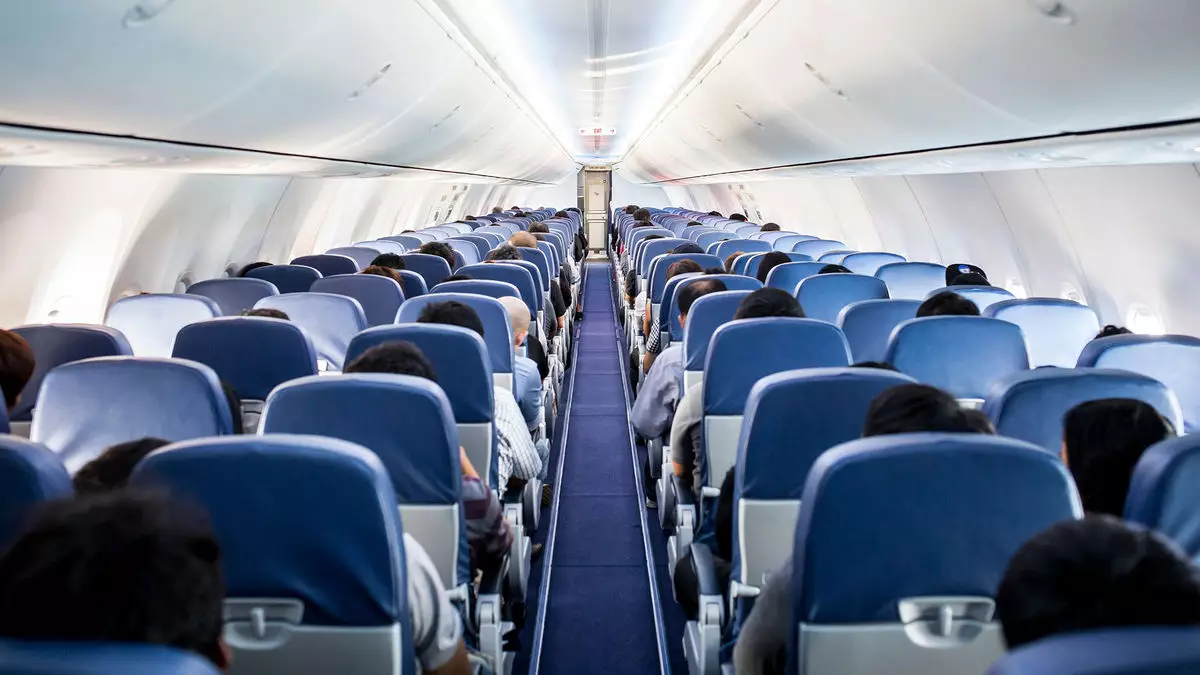The airline industry’s approach to fare transparency has come under scrutiny recently, especially in light of a regulatory proposal from the Department of Transportation (DOT) aimed at requiring airlines to disclose all costs associated with air travel, including ancillary fees. There seems to be a significant gap between the industry’s professed commitment to transparency and its legal actions against such regulatory measures. In light of a recent Senate investigation hearing, the implications of these actions reveal a deeper challenge in the balance between operational practices and consumer rights.
Senate Hearing and Stalled Regulation
On December 4, a hearing convened by the Senate Permanent Subcommittee on Investigations raised profound questions about airlines’ commitment to transparency. Chaired by Senator Richard Blumenthal from Connecticut, the session addressed the legal battles waged by major airlines—Delta, American, United, Frontier, and Spirit—against a regulation that would force them to reveal full ticket prices right from the initiation of the booking process. The proposed rule, finalized in April, would mandate airlines to disclose fees for everything from checked baggage to changes in reservations. However, during the proceedings, none of the airline executives felt compelled to withdraw their legal opposition, despite the Senate’s push for greater transparency.
This ongoing resistance from the airlines creates an impression of diluting the transparency message. Peter Carter, Delta’s legal representative, pointed out that while they follow many principles of transparency, he criticized the regulation as “overly proscriptive.” This dichotomy between rhetoric and reality was palpably felt when Carter refrained from committing to abandon the legal challenge against the DOT’s efforts, indicating a reluctance to let go of the current business model that banks largely on ancillary income.
The airlines’ resistance can be better understood within the broader context of their revenue structures. A significant portion of airline income now derives from ancillary fees—charges for services that were once included in the ticket price. This includes fees for checked bags, seat selection, and changes to bookings. According to the aforementioned Senate report, these fees have transformed how airlines operate and fundamentally altered their relationship with consumers.
The legal challenge posed by the airlines arises from concerns that enforced transparency may hamper their ability to operate profitably. According to a ruling from the Fifth U.S. Circuit Court of Appeals, the court determined that the implementation of the disclosure rule could “irreparably harm” airlines, which raises questions about how much they are willing to potentially sacrifice consumer clarity in favor of protecting their revenue streams.
The investigation also shed light on controversial practices such as incentive programs that reward gate agents for collecting carry-on fees. It was revealed that both Spirit and Frontier have paid substantial sums to employees—over $26 million in 2022 and 2023—to increase fee compliance. This practice prompted Senator Blumenthal to challenge the ethics behind such “bounty payments,” which he highlighted as potentially exploitative.
Frontier’s Chief Commercial Officer, Bobby Schroeter, defended these programs by stating that they aim to ensure compliance with airline rules rather than maximize profits. This statement opens a discourse on the ethical implications of incentivizing employees in a way that directly impacts customer experience. Notably, one incident televised during the hearing illustrated gross discrepancies between cited airline policies and customer realities, leaving passengers with a stark feeling of frustration and powerlessness.
The inefficacy of existing practices in maintaining consumer trust highlights a systemic issue within the airline sector. Despite the tangible revenue generated from these ancillary fees, the lack of clarity and customer control experienced by passengers can erode trust, raising the stakes for airlines as they navigate this precarious landscape.
As the Senate Subcommittee continues its investigation, the compelling narrative that has emerged from these hearings begs a larger question: how can the airline industry reconcile its profitability with the transparency sought by consumers? The recent push for regulation reflects a growing call for fair practices, resonating with a public increasingly aware of their consumer rights.
The friction between regulatory obligations and business models for airlines is only likely to intensify as consumer expectations evolve. Moving forward, the industry may need to reassess its approach to transparency, possibly embracing a model that does not merely comply with regulations, but genuinely seeks to enhance consumer relationships. The challenge remains: fostering trust amidst an operational framework that relies heavily on fees can only be accomplished through robust reforms that prioritize customer clarity.
Ultimately, the path towards improved transparency in airline pricing and fees will likely require more than just commitment from the airlines—it demands a paradigm shift in their operational ethos and customer relationship strategies. As stakeholders continue to navigate this complex landscape, the hope is that both sides can find common ground that supports a healthier travel industry moving forward.


Leave a Reply